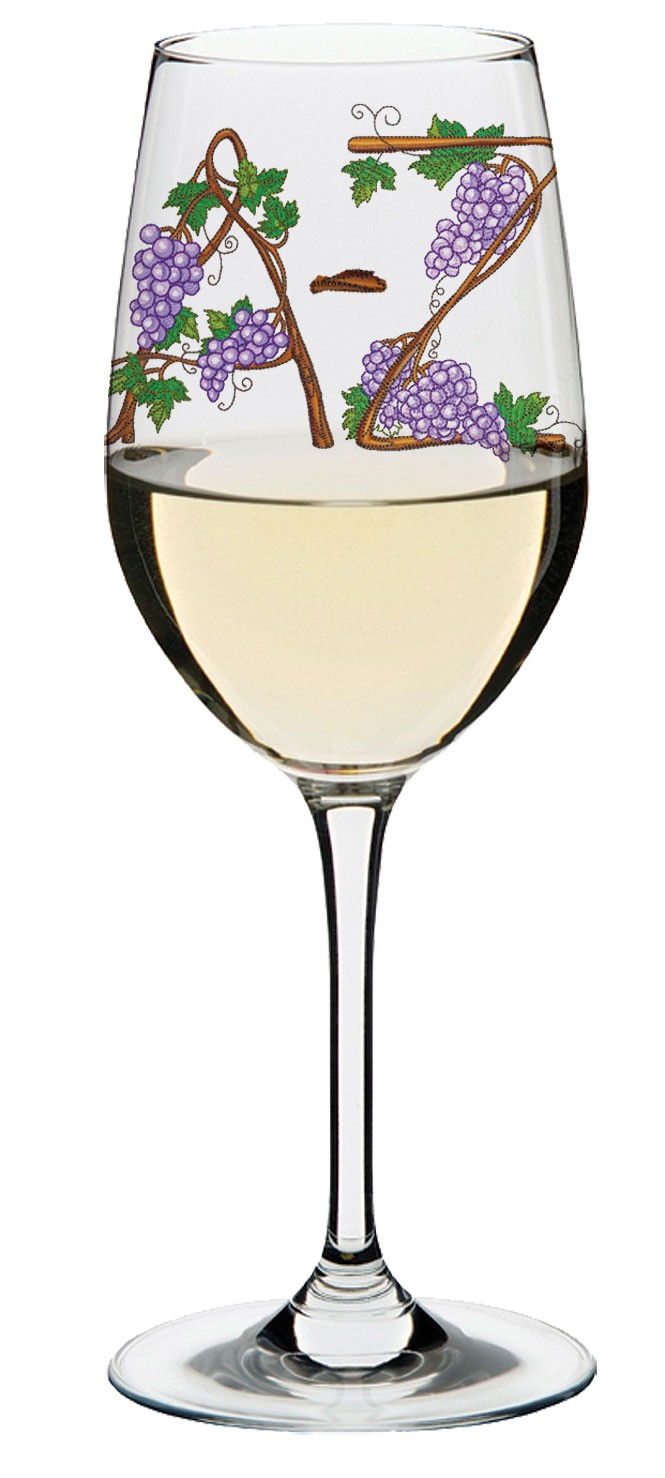
The language of wine can be pretty silly. Imagine trying to buy a car and having to negotiate descriptors like "sweaty saddle" or "cat's piss." And yet those are two frequently used terms to describe a "flimsy little summer cottage of a wine." Egad!
Well, I'm here to help. Here's an A to Z glossary of mind-bending but oft-used wine terms. Print it out and take it with you on your next wine shopping trip or snobby wine tasting.
Aggressive: Wines that are too high in tannins or too low in acidity. Essentially a way of avoiding the word "yucky."
Barnyard: Usually used in describing French wines, and almost always accompanied by "terroir." If your wine smells like a steaming pile of horse dung, that's barnyard. And it's a good thing.
Complex: This is what you call the wine you bought for $6.99 and don't want to be embarrassed about.
Decadent: Confession: This is what wine writers say about wines that they like but are at a loss to describe.
Earthy: See: barnyard.
Flabby: Describes out-of-balance white wines that are too oaky and without much acidity. Not to be confused with "fat" or "fleshy."
Green: When your wine tastes more like a salad than something to sip, it's green. See also: cat's piss.
Hot: When a wine's alcohol level obliterates all of its nuances, making it taste like you've just done a shot of grain alcohol. Describes most American red wine made from 1999 to 2011.
Icky: See: White Zinfandel.
Jammy: Describes red wines with lots of ripe fruit flavors. It's usually positive, but then Welch's grape jellies and Boone's Farm wines are jammy, too.
K-Y: OK, this one's not really a commonly used wine term. In fact, I think I'm the only one who's ever employed it, describing the petroleum odors I detect in certain white wines, usually from South Africa.
Lush: Term often used to justify charging $59.99 for Zinfandel.
Minerality: An oddity in the world of winespeak, it actually means what it says. Minerality in wine comes from grapes grown in stony soils—and it's a good thing, not unlike the brininess of fresh oysters.
Nose: You and I have one. We use it sometimes to smell wine. When we do, those smells, aromas and fragrances are called the wine's "nose."
Oaky: Basically, when wine (especially white) is fermented and/or aged in barrels made of oak, some of the woody flavors and aromas find their way into the wine. This can be a very good thing, but can also be very bad when the oak is out of balance. It's always safe to say to your sommelier: "I don't care for over-oaked wines."
Plush: See: lush.
Quaff: What wine writers say to avoid the word "guzzle."
Racy: Wine hipster lingo for wines high in acidity.
Silky: The (literal) feel of wine in the mouth is often overlooked. Some actually coat the tongue like a velvet shroud. Those are the silky ones.
Tight: Typically used to describe red wines too young to drink or those needing a little air in the glass or decanter to "open up" the fruit flavors.
Unctuous: See: lush, plush and silk.
Velvety: See: lush, plush, silky and unctuous.
Woody: Describes oakiness in wine.
Xarello: A Spanish wine grape only found in wine glossaries because no other X wine words exist.
Young: Duh. Wine that needs more aging in the bottle so not to taste like flop sweat.
Zinfandel: America's contribution to the wine world.